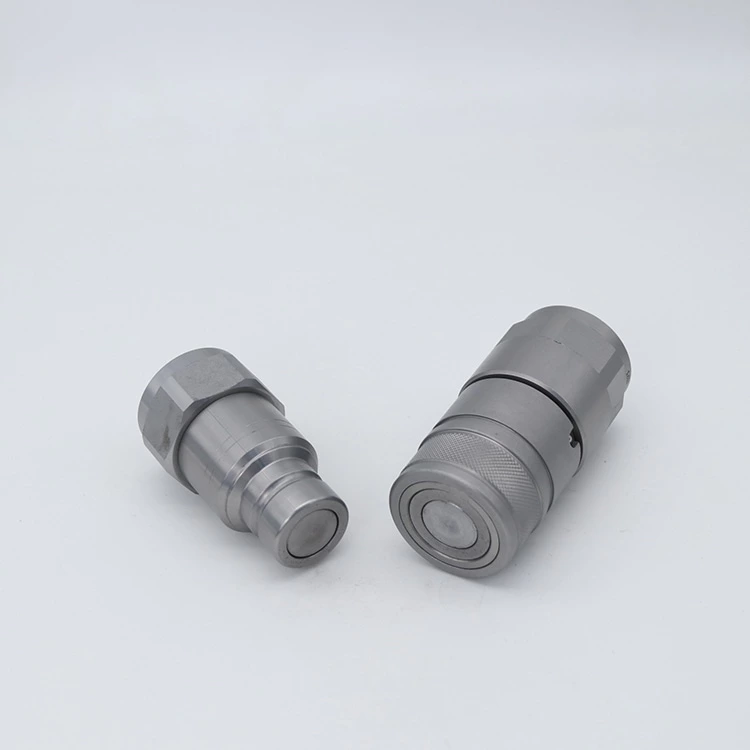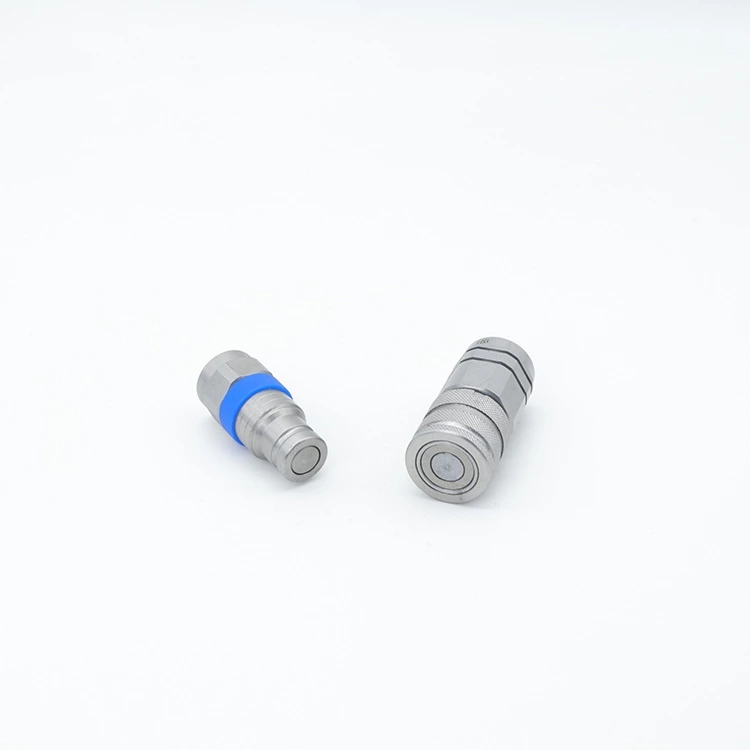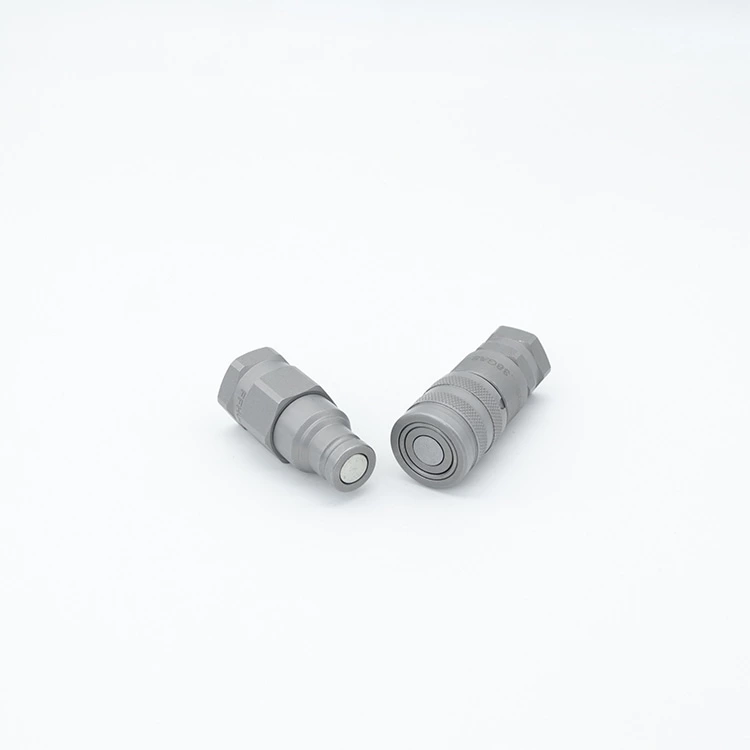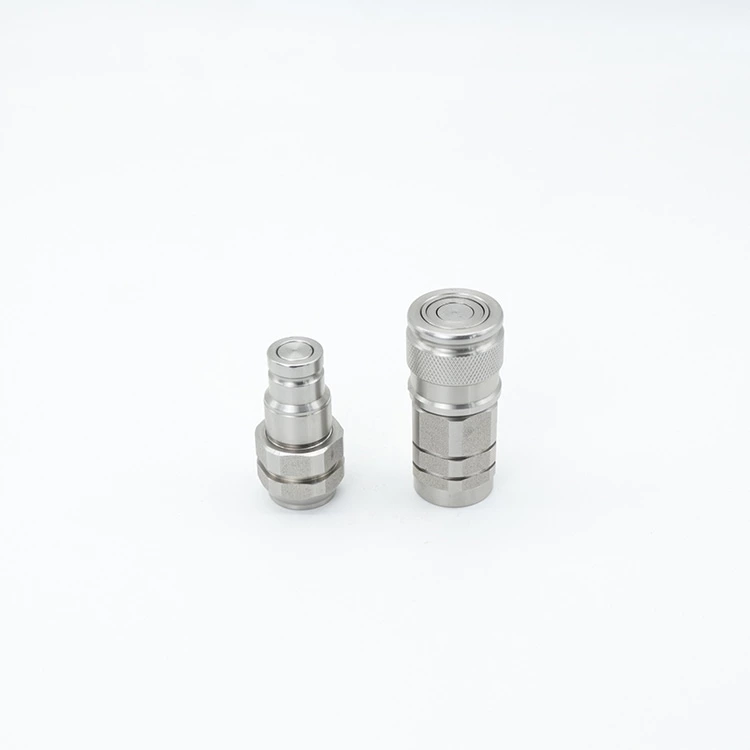What Are Common Problems with Threaded Couplings?
In industrial fluid systems, threaded couplings play a crucial role in connecting pipes, hoses, and equipment securely. However, even high-quality couplings can face performance issues if not installed or maintained properly. Understanding common problems with threaded couplings helps ensure long-term reliability and system safety.
1. Leakage
One of the most frequent issues is fluid leakage. This may occur due to insufficient tightening, damaged threads, or worn-out sealing materials. Always ensure threads are clean and apply proper sealing tape or thread sealant.
⚙️ 2. Thread Damage
Over-tightening or cross-threading can lead to permanent thread damage. Once the threads deform, the coupling loses its ability to maintain pressure, increasing the risk of leaks or system failure.
3. Corrosion
In harsh environments—such as chemical processing or marine applications—corrosion can weaken the metal structure of couplings. Using stainless steel or brass materials helps extend service life and resist rust.
4. Vibration Loosening
Frequent mechanical vibration may gradually loosen threaded joints. To prevent this, consider using locking nuts, thread sealants, or anti-vibration couplings.
5. Mismatched Threads
Mixing different thread standards (such as BSP, NPT, or Metric) can result in poor fitting and leaks. Always confirm thread type and compatibility before installation.
We provide high-precision threaded couplings manufactured under strict quality control. Our products are designed to resist vibration, corrosion, and leakage—ensuring stable performance in hydraulic, pneumatic, and chemical systems.



